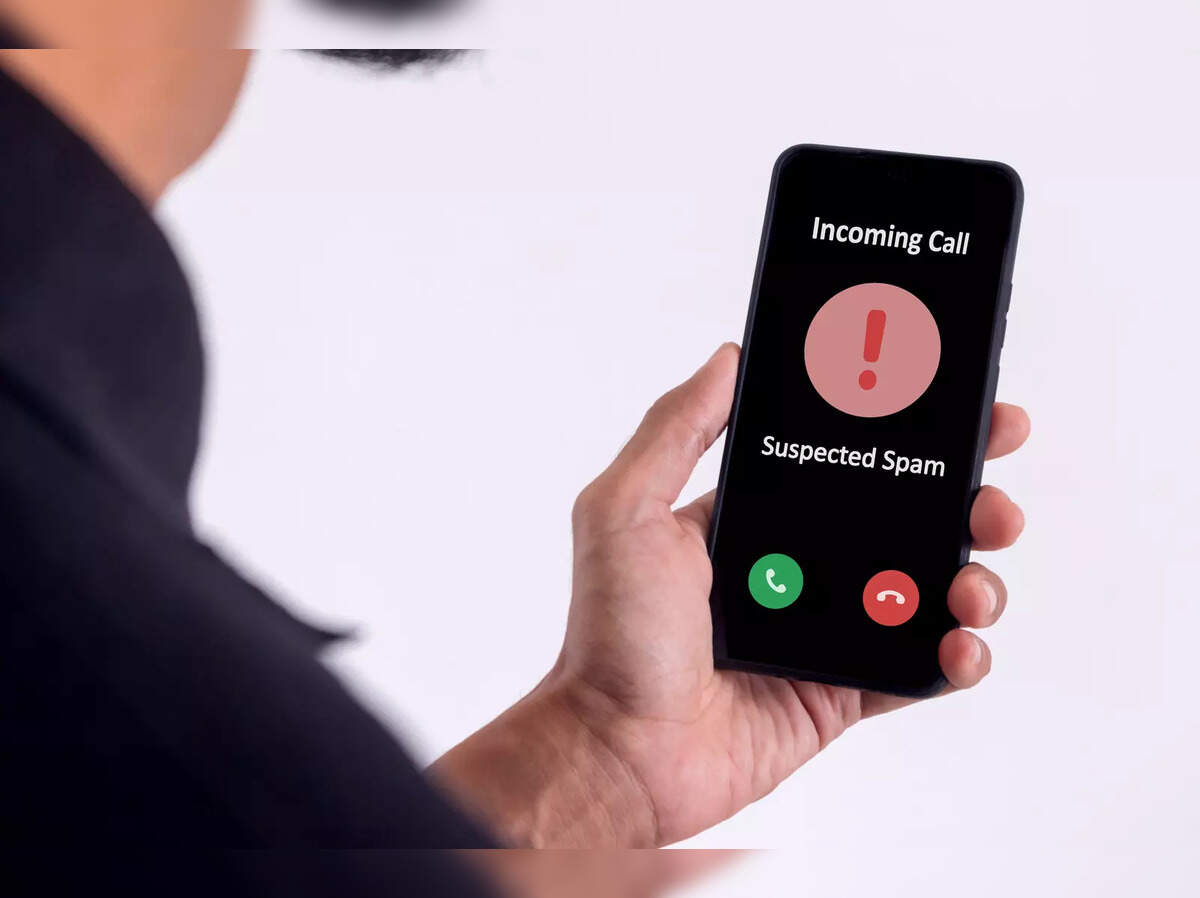The telecom regulator’s latest move to refresh its consent handling mechanism for checking spam messages and calls may have some overlaps with the country’s new data protection law but isn’t in conflict with it, officials said.Experts welcomed the move, saying harmonising the two sets of regulations is crucial to check spam as it will make it easier for stakeholders to implement the rules.Last week, the Telecom Regulatory Authority of India (Trai) opened a pilot for banks and telecom companies to test a solution for gathering and managing user consent.The approved solution after testing will allow telcos to verify consumer consent in real time before connecting or delivering commercial calls and messages.The move comes as the Telecom Commercial Communications Customer Preference Regulations (TCCPR), first introduced in 2018, has failed to deliver results in preventing spam largely due to lack of coordination among telcos, price-wars, and non-seriousness among enterprises, according to experts.The country’s new data protection law and its mandate on consent management may well be the much-needed impetus for enterprises to take anti-spam regulations seriously henceforth, they said.“We have tried to devise a framework to validate the current operational, technical and regulatory aspects of consent registration, and lay the foundation for sector-wise scaling,” a senior Trai official told ET on condition of anonymity.“Yes, there are overlaps between the two legislations. But those aren’t conflicts,” he said. “For instance, TRAI aims to curtail the practice of collecting mobile numbers through unauthorised data-sharing practice, which ultimately leads to marketing spam. This is also a basic principle of the data protection law.”He called on telcos to develop a solution which is both consumer- and business-friendly.Aadya Misra, partner at law firm Spice Route Legal, said without harmonisation, businesses will struggle with implementing two distinct consent regimes under these laws.“Multiple frameworks increase the risk of consumer drop-off and consent fatigue among users. Combining these frameworks would lend legal clarity, operational efficiency, and better outcomes,” she said.Spice Route Legal specialises in data advisory.ETtech
Misra said the original TCCCPR, which hinged on a robust consent mechanism that allows phone users to control what messages they wish to receive, failed because of a gap in enforcement and industry adoption.“Most businesses lacked robust consent management frameworks or the technological capability to operationalise consent at scale. This has resulted in fragmented processes that are difficult to implement,” she said.“If the new pilot can simplify integration, ensure interoperability, and provide a standardised infrastructure that businesses can easily plug into…it may just overcome the friction,” she added.However, businesses will face initial costs while adapting and upgrading their systems, Misra said.The Cellular Operators Authority of India (COAI), which represents all three private telcos, Reliance Jio, Bharti Airtel and Vodafone Idea, agreed that there have been challenges in adoption of existing consent framework and the latest directive empowers the consumers with a uniform consent revocation process.“However, the adoption may differ from sector to sector, as each sector has its own unique way of functioning,” said SP Kochhar, director general of COAI. “This initiative will serve as a test bed to assess the feasibility and effectiveness of the system, and it is expected to yield positive results.”Telecom companies also noted that the consent framework currently applies to only SMS and voice communications but will be incomplete until OTT platforms are brought under regulatory purview. “This regulatory gap is increasingly exploited, with a growing share of scams and unsolicited promotions now originating on OTT apps,” Kochhar said.
